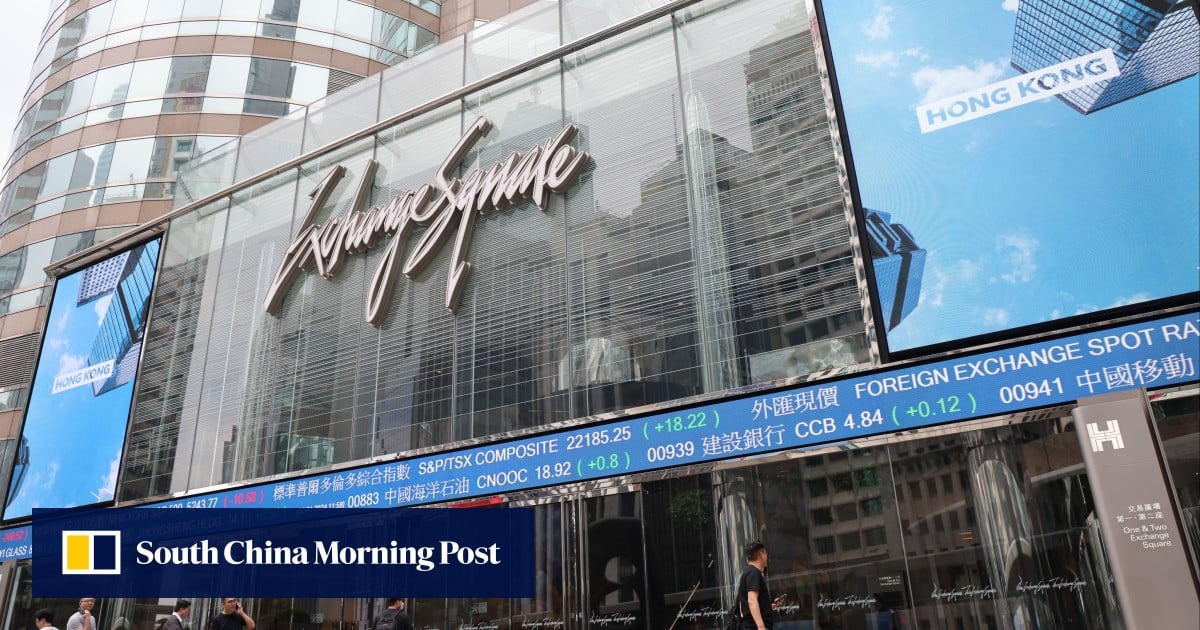
12 Apr Hong Kong stocks fall tripped by yuan’s weakness, but gold stocks rise after bullion posts record high

The Hang Seng Index fell 1.3 per cent to 16,870.63 at 10am local time, trimming the weekly gain to 0.9 per cent. The Hang Seng Tech Index dropped 0.9 per cent and the Shanghai Composite Index added 0.1 per cent.
Property developer China Overseas Land and Development lost 3.2 per cent to HK$11.70 and its peer Longfor Group Holdings dropped 2.3 per cent to HK$10.04. Alibaba Group Holding fell 2 per cent to HK$72.70. Chinese sportswear Li Ning sank 4 per cent to HK$19.10.
The onshore yuan recently traded at 7.2360 against the US dollar, close to its weakest level since November.
China’s exports in March probably fell 1.9 per cent from a year ago, contracting after a 5.6 per cent gain in the previous month, according to a consensus estimate of economists surveyed by Bloomberg. The data is due to be published later on Friday.
Zijin Mining Group added 1.1 per cent to HK$17.96 after gold prices struck another record high amid heightened demand from central banks and from haven seeking investors.
“While gold mining stocks have rallied this year, they are not really outperforming bullion on the scale which would normally be expected to happen in a roaring bull market, which is what happened in the 2001 to 2011 period,” said Christopher Wood, global head of equity strategy at Jefferies & Co. “Gold mining stocks also remain extremely cheap based on the current bullion price.”
Other major Asian markets were mixed. Japan’s Nikkei 225 climbed 0.3 per cent, while South Korea’s Kospi and Australia’s S&P/ASX 200 both lost 0.3 per cent.
